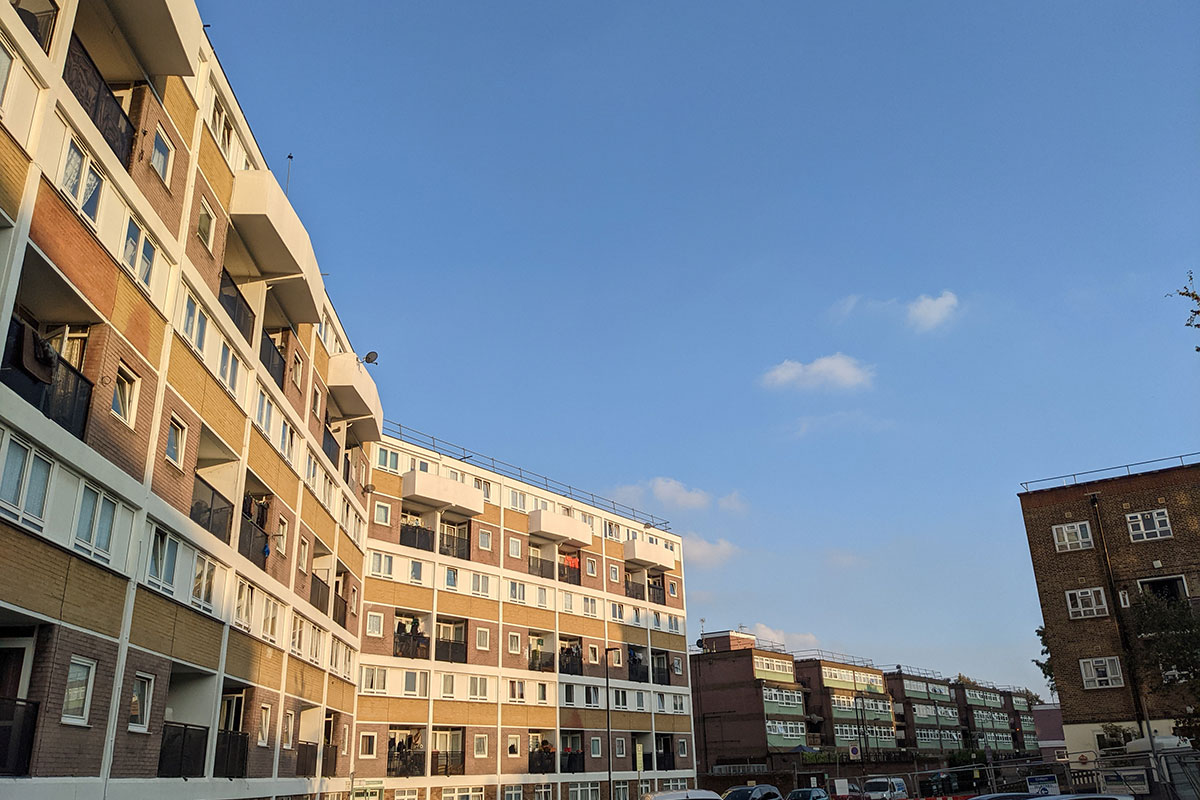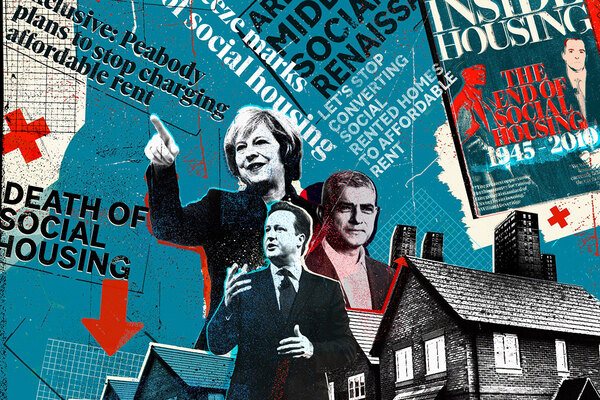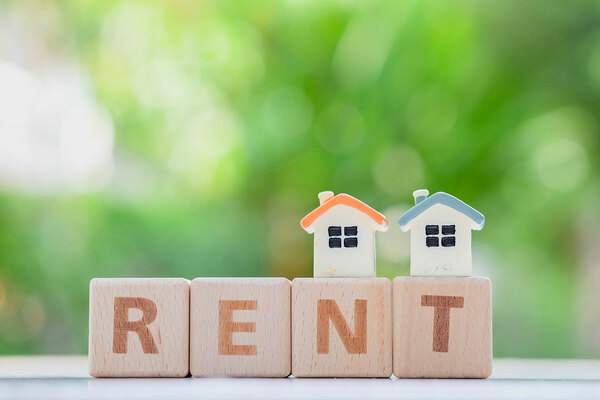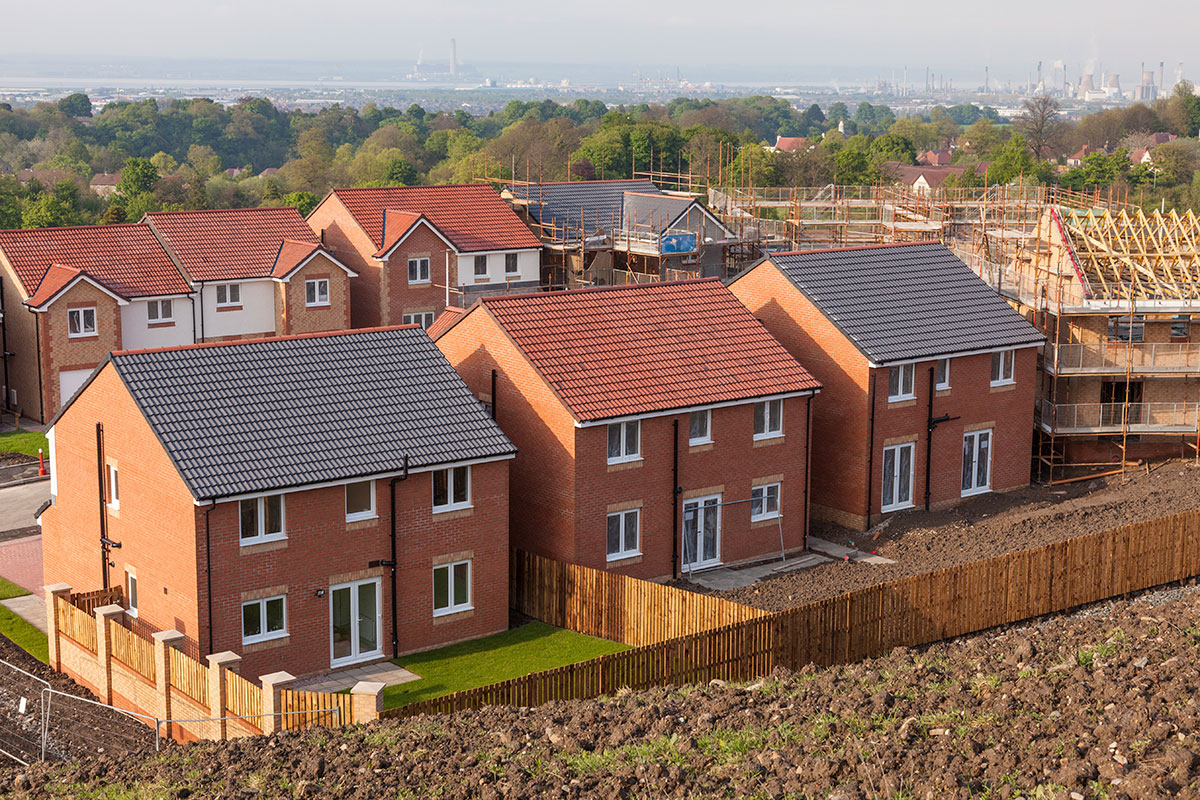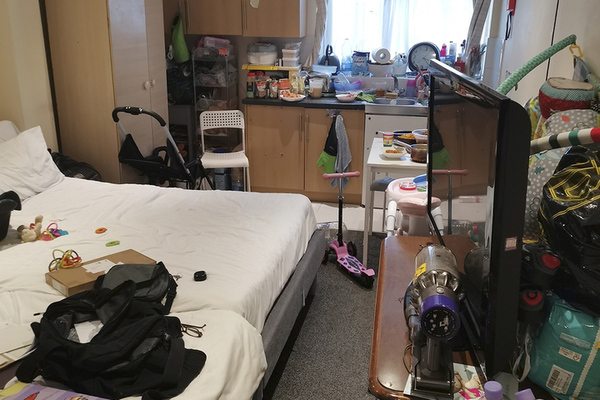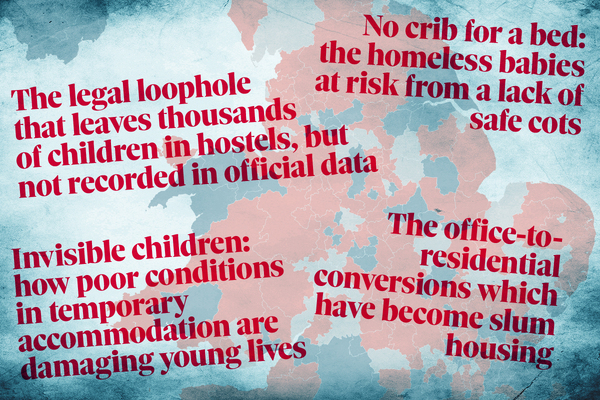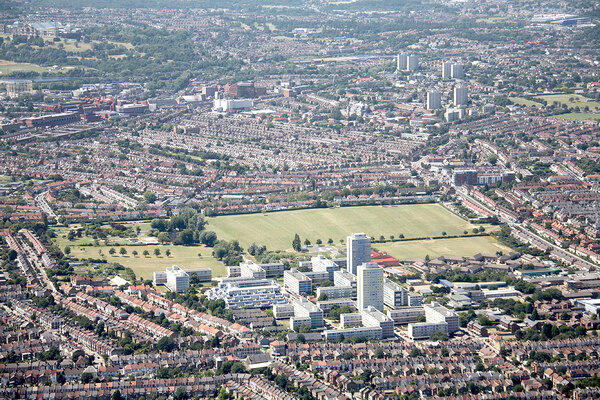You are viewing 1 of your 1 free articles
Social tenants face average rent hikes of £202 next year amid ‘cost of living crunch’, thinktank warns
Almost five million households living in social rented homes could see their rent increase by up to 4.1% – an average of £202 – next year, a report has found.
The Resolution Foundation thinktank has called the rent hike “the biggest nominal increase in a decade” and said it would be “unwise” of landlords to raise rents by the maximum amount allowed given the current “cost of living crunch”.
Social landlords are currently allowed to increase their rent by Consumer Price Index (CPI) plus 1% each year. While this is a cap rather than a requirement, the Resolution Foundation said most landlords are expected to raise their rents by the full amount.
As CPI in September this year was 3.1%, this means many social housing tenants will see their rent increase by 4.1%.
For the average social renter, this means their rent will increase by £202 next year, the thinktank said.
It comes as many families in the UK are feeling the impact of soaring inflation, with the Bank of England predicting that inflation will peak at 6% in the spring.
The Resolution Foundation said the rise in rents will also coincide with significant tax rises that are to be introduced by the government in April, as well as rising utility bills as Ofgem’s energy price cap is raised.
While housing benefit will cover the cost of rent for some social renters, the thinktank said the share of social renters receiving state support to cover their housing costs has fallen to 56% as more families have moved into employment.
This means over two million families will have to find the funds to cover the rent rise by themselves.
Families living in London, the South East and South West are least likely to have part of their housing costs covered by housing benefit and therefore will be most affected by the rise in rents, the report found.
The thinktank also said that rising rents come on top of a decade in which housing costs have risen faster than incomes for social housing tenants.
Social renters spend 19% of their income on average on housing costs, net of housing benefit, compared with 15% 10 years ago.
This rise is equivalent to an extra £786 per year for the average social renter family, the report found.
Lindsay Judge, research director at the Resolution Foundation, said: “Nearly five million families in social rented accommodation in England are facing the largest rise in rents for a decade next April. This big rent rise will coincide with tax rises and a major increase in the energy bill cap, putting real pressure on many low-income families.”
She added: “While government support has helped to limit rent arrears from building up among social renters so far, raising rents to the maximum uprating would be unwise given the cost of living crunch hitting families hard this spring.”
Sign up for our tenancy management newsletter
Already have an account? Click here to manage your newsletters
